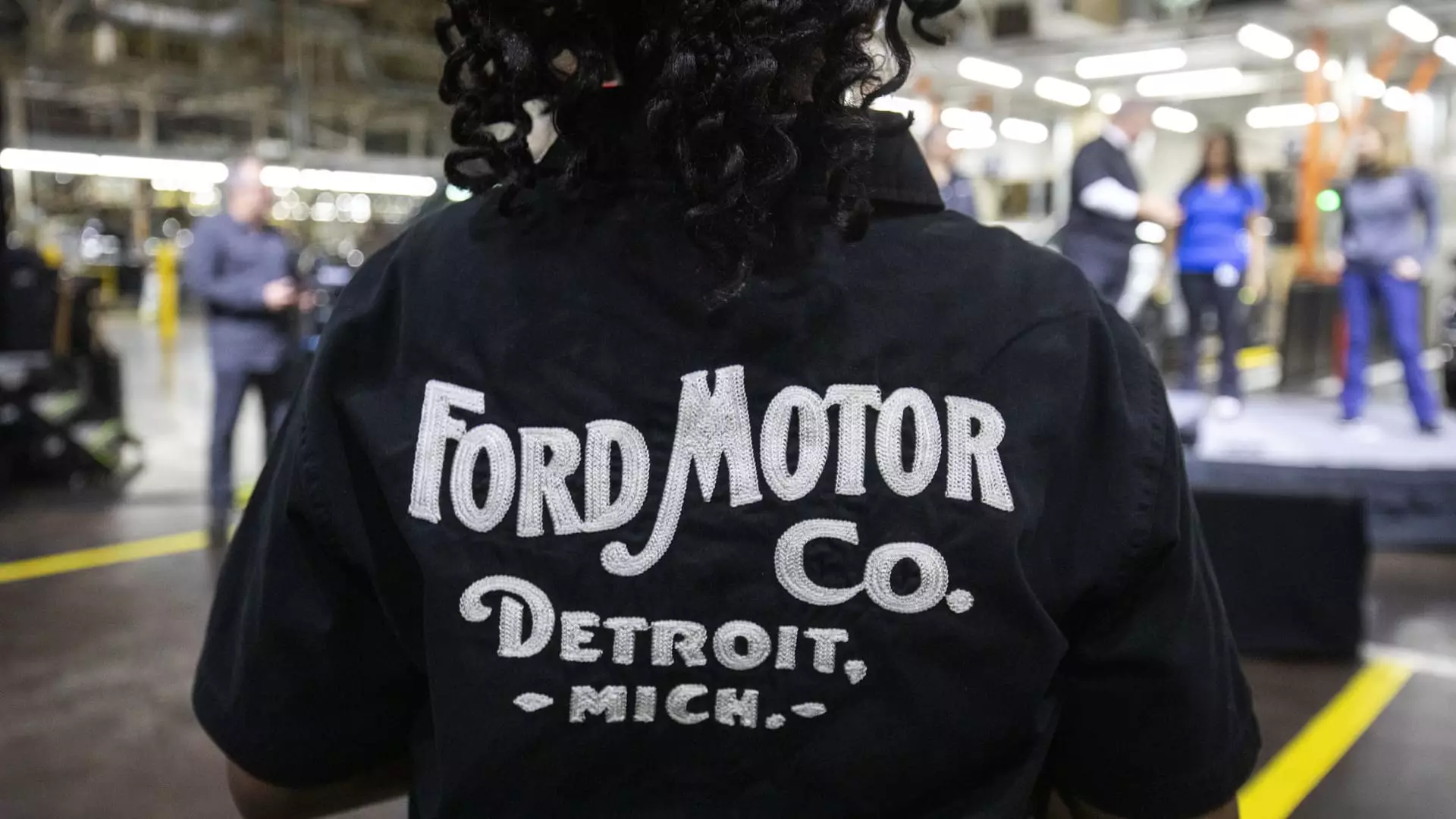Ford Motor’s recent decision to reevaluate its diversity, equity, and inclusion (DEI) policies has sparked a wave of controversy and debate. The company, like many others, has taken a step back to assess the ever-evolving political and social landscape surrounding DEI initiatives. This shift in focus on DEI efforts comes after a period of reexamination and introspection within the organization.
The trend of companies stepping back from DEI commitments is not isolated to Ford Motor alone. Retailer Tractor Supply was one of the first major companies to halt its DEI efforts by severing ties with LGBTQ+ advocacy group, the Human Rights Campaign. Harley Davidson followed suit by distancing itself from the HRC’s metrics for LGBTQ+ employee treatment. Even home improvement giant, Lowe’s, joined the movement by considering potential changes to its DEI policies.
Ford Motor’s decision to refrain from using quotas for minority dealerships or suppliers is a significant departure from its previous approach to promoting diversity. Additionally, the company has announced that it will no longer participate in the Human Rights Campaign’s Corporate Equality Index, where it had previously received a perfect score. This move signals a shift in the company’s perspective on corporate equality measures for LGBTQ+ individuals.
In its internal memo, Ford emphasized its commitment to prioritizing its customers, team, and communities over engaging in public discourse on divisive social and political issues. While the company acknowledged that there may be times where it will speak out on core issues, its primary focus remains on serving its stakeholders. This shift in focus reflects a broader trend among companies to prioritize their core business operations over external social commentary.
The decision to scale back DEI initiatives has not gone unnoticed, especially in the current climate of heightened political polarization. Following the Supreme Court’s decision to overturn affirmative action in colleges, conservative activists on social media have ramped up their calls for companies to distance themselves from DEI commitments. This pressure from external sources has undoubtedly influenced the recent decisions made by companies like Ford Motor.
As companies like Ford Motor reevaluate their DEI policies and practices, it raises important questions about the role of corporations in fostering diversity and inclusion. While the decision to step back from DEI commitments may be met with criticism, it also highlights the complexities of navigating social and political expectations in today’s corporate landscape. Only time will tell how this shift away from DEI initiatives will impact the broader conversation surrounding diversity and inclusion in the business world.

